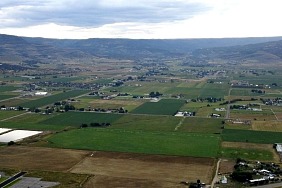Remote work surveillance has become an increasingly discussed topic in recent years as the use of technology has grown in the workplace. With more companies turning to remote work and the internet as a way to increase productivity, many employers have taken to monitoring their employees’ activities, both on-site and remotely. As technology advances and the workplace evolves, it’s clear that remote work surveillance will continue to be part of the future of the workplace.
What is Remote Work Surveillance?
Remote work surveillance is the monitoring of an employee’s activity while they are working remotely. This can include tracking their computer activity, monitoring their web usage and email, and even monitoring their phone calls. Employers may use a variety of tools to monitor their employees, including keyloggers, screen capture software, and video surveillance.
Why Employers Use Remote Work Surveillance
One of the main reasons employers use remote work surveillance is to ensure that employees are not engaging in any activities that could be considered a misuse of company time or resources. By monitoring employee activities, employers are able to better ensure that their workforce is being used efficiently and productively. Additionally, by monitoring employee activities, employers can better protect their company’s data and confidential information.
The Benefits of Remote Work Surveillance
For employers, the use of remote work surveillance can be beneficial in a number of ways. It can help to reduce the risk of data breaches, as employers can be alerted to any suspicious activity by their employees. It can also help to increase employee productivity and performance, as employers can better monitor their employees’ activities and make sure that their employees are using their time efficiently. Furthermore, remote work surveillance can help employers to improve communication between their employees, as employers can track their employees’ communications with each other and ensure that they are staying on task.
The Drawbacks of Remote Work Surveillance
The use of remote work surveillance can also have some drawbacks for employers. It can lead to a feeling of distrust between employers and employees, as employees may feel that their activities are being constantly monitored and judged. Additionally, remote work surveillance can lead to a decrease in creativity and innovation among employees, as they may feel that their ideas and contributions are not valued or appreciated. Finally, employers should also be aware of the legal implications of using remote work surveillance, as they may be liable if they use it in a way that violates the rights of their employees.
The Future of Remote Work Surveillance
Ultimately, it is clear that the use of remote work surveillance is here to stay, and that it will continue to be an important part of the future of the workplace. As technology continues to evolve, employers will need to find ways to use it responsibly and ethically, while also protecting their employees’ privacy and rights.














